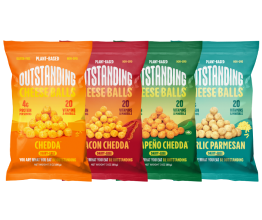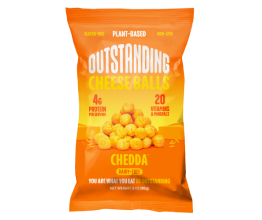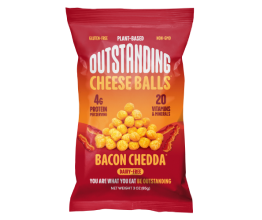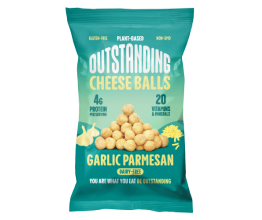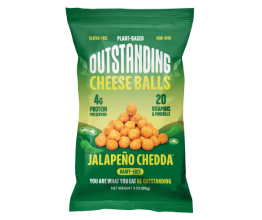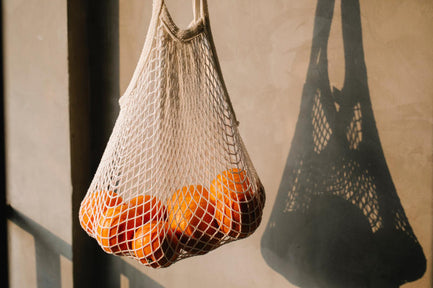How to Make Compost From Kitchen Waste
Let’s face it. Humans produce way too much trash. And while we all like to think about lowering our carbon footprint, life gets busy and it’s hard to stick to a new routine. Sorting through your takeout containers is the last thing you want to do after a long day of work. Plus, most of us don’t know how to make compost from kitchen waste.
Making your own at-home compost from your kitchen waste is surprisingly easy, cheap, and fun. You can literally turn trash into treasure by transforming your garbage into a top-notch soil additive for your garden or lawn (okay, treasure might be a stretch, but you get it)!
Want to do more good for the planet? Here’s how to make compost from kitchen waste.
Get the Ratio Right
To start composting, all you need is a good place to make a pile. Use a large bin or dig a hole in an empty spot in your backyard. Start your pile with a layer of leaves, sticks, or other fibrous, biodegradable material. Then, begin adding your waste.
Every compost pile consists of two kinds of waste: “browns” and “greens.” Browns are fibrous, carbon-rich materials like leaves, wood chips, twigs, shredded cardboard, and paper (provided it's not glazed or colored). Greens are nitrogen-rich materials like veggie stalks, peels, egg shells, and lawn trimmings.
As you add kitchen scraps to the pile, you’ll create the ideal environment for certain kinds of bacteria and fungi to live. The germs and fungi that break down your trash into soil need both greens and browns to thrive. Their optimal diet consists of 2 parts brown to every 1 part green.
Don’t Stink up the Neighborhood
Compost is supposed to smell like good clean dirt. If your pile is emitting an aroma somewhere between a ruptured sewage line and day-old roadkill, you’ve messed up. Some things aren’t meant to be composted!
Avoid adding oils, fats, or animal products of any kind (besides eggshells) to your pile. In addition to pissing off your neighbors, it may also attract the attention of rodents and other unwanted visitors.
Crush, Shred, Chop, Break
In some ways, a compost pile is like a baby. It needs to be fed, watched, and tended to. Also, like a baby, it can’t chew its own food. Make sure you reduce waste to manageable chunks.
This means you need to crush your shells, shred your paper, chop your veggie stems, and break up your sticks. The more broken down your scraps are, the more quickly the little organisms in your pile can transform them into compost.
Check the Temperature
Breaking down waste is an energy-intensive process. If the right chemical reactions are happening, your pile will be nice and toasty — somewhere between 130 and 160 degrees Fahrenheit.

If your compost isn’t heating up, it’s because there aren’t enough germs to get the job done. If your pile is dry, dampen it to give them something to drink. If that doesn’t work, try adding more greens to fuel their growth.
Try Vermicomposting
If you don’t have enough space to do conventional composting, don’t worry! You can still turn your kitchen scraps into brown gold through vermicomposting. All you need is a bin, some worms, and some bedding.
First, make sure your bin has holes for drainage and a perforated lid that keeps sunlight out and lets air in. Place this bin within a larger container to catch any excess drainage. Then, line the bottom of the bin with damp bedding made from shredded cardboard, paper, or leaves.
Finally, add your worms and start feeding them. Use the same kitchen scraps you would use in regular composting, with the exception of aromatic fruits and vegetables like citrus, onions, and garlic. These plants have pesticidal properties that could hurt your little friends.
Reward Yourself
Okay, rewarding yourself isn’t a necessary step for making your own at-home compost, but we’d argue it’s important to celebrate the effort you’re putting in to better the planet.
If you already know how to make compost from kitchen waste and have started composting, great work! In addition to creating an excellent soil additive for your lawn or garden, you’ve helped reduce waste and contributed to a brighter future. You deserve to treat yourself!
Try our delicious Outstanding Foods snacks. Our Puffs, Cheese Balls, and Crunchies are all 100% Outstanding, 100% plant-based, and 100% better for the planet.
